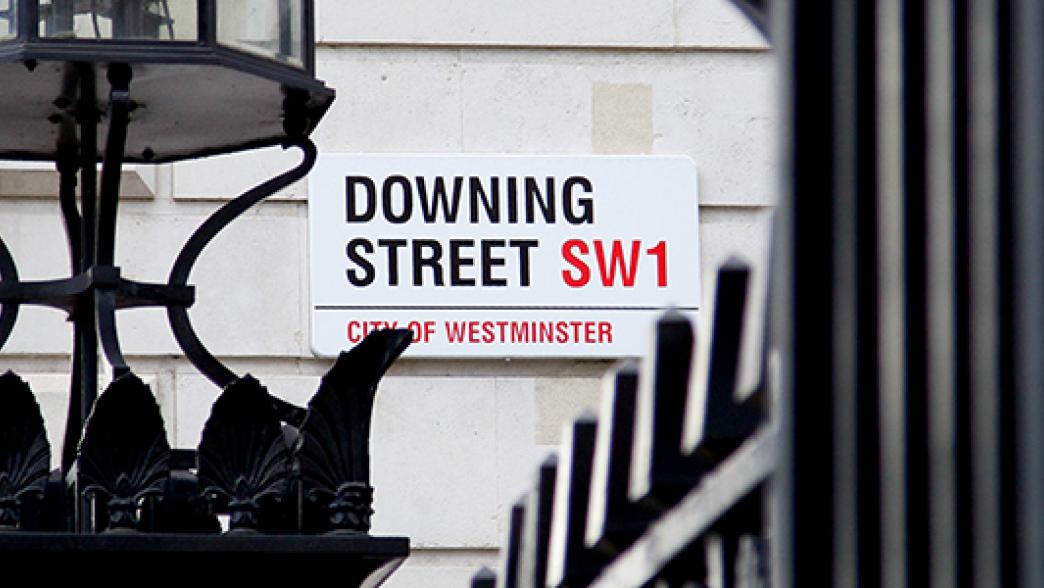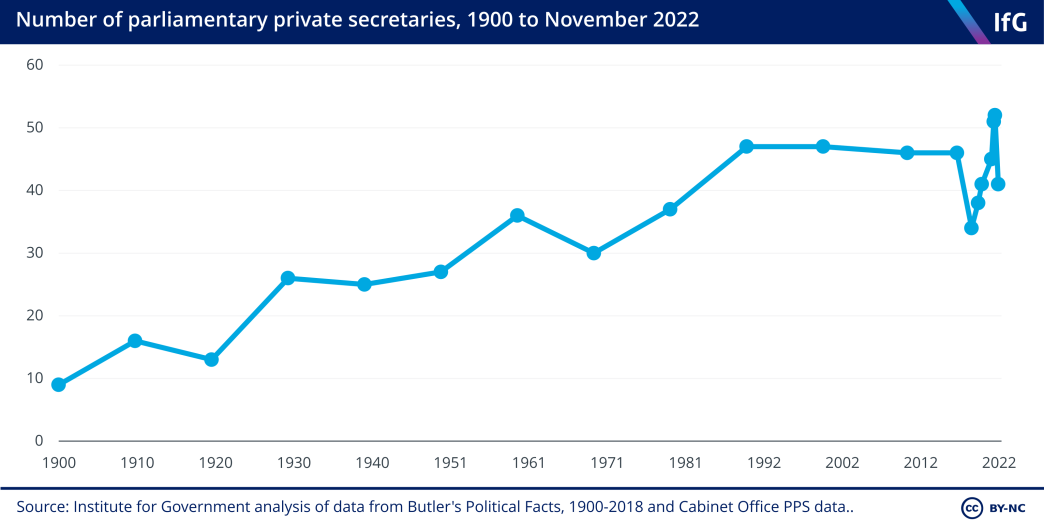Parliamentary private secretaries
A parliamentary private secretary (PPS) is an MP who serves as an unpaid assistant to a government minister.

What is a parliamentary private secretary?
A parliamentary private secretary (PPS) is an MP who serves as an unpaid assistant to a government minister.
What do parliamentary private secretaries do?
A parliamentary private secretary’s duties vary considerably between departments and the minister they work alongside. The most basic part of the PPS role is collecting and passing on documents from civil servants to their minister while he or she is speaking in parliament. Beyond that, they serve as an informal liaison between their minister and their party’s MPs.
As part of the latter role, PPSs attempt to relay the mood of the parliamentary party back to their minister and are often described as being that minister's ‘eyes and ears’ in the Commons. Equally, they are an important channel of communication from their minister to parliament as they explain and defend their department’s policies to their party’s MPs.
Are parliamentary private secretaries members of the government?
No, but many of the same restrictions apply to their conduct. The ministerial code states that "parliamentary private secretaries are expected to support the government in divisions in the House", and that "no parliamentary private secretary who votes against the government can retain his or her position". They are also expected to "avoid associating themselves with recommendations critical of or embarrassing to the government".
Despite being bound by many of the same rules as a government minister, PPSs lack many of the same privileges. They do not attend cabinet meetings, are not privy to the same level of sensitive information, and cannot contribute to departmental discussions unless explicitly permitted by their minister.
As they are not members of the government, PPSs are also barred from speaking or answering questions from the frontbench in parliament.
What are the benefits to being a parliamentary private secretary?
For MPs seeking to one day reach higher office, a role as a PPS is highly coveted: it is generally considered the first rung on the ladder to becoming a fully-fledged minister. Jo Johnson, who held various ministerial roles between 2016 and 2020, said that the experience of being a PPS “gave you a bit more of an understanding about some of the various things that a minister is required to do: the performance in the chamber, the performance in parliament”.
How many parliamentary private secretaries are there?
All cabinet ministers and ministers of state are entitled, but not obliged, to appoint a parliamentary private secretary. As of November 2022, when the government published an update on the PPSs appointed by new PM Rishi Sunak 6 Cabinet Office, ‘List of Parliamentary Private Secretaries (PPS): November 2022’, Gov.uk, 29 November 2022, retrieved 24 March 2023, https://www.gov.uk/government/publications/list-of-parliamentary-private-secretaries-pps-november-2022 , there are 41 PPSs.

This is a decline from the number of PPSs under Boris Johnson, which peaked at 52 in June 2022. However, it is still a higher figure than at the end of Theresa May’s premiership in June 2019, when there were just 34 PPSs working for ministers – fewer than at any other time since 1980.
Boris Johnson’s government gradually increased the number of PPSs since taking office in 2019. Gov.uk has also released lists of the names of PPSs more frequently in recent times, with releases in January, April, June and November 2022. While this is good for transparency, it also indicates a higher rate of turnover among PPSs.
Why is the appointment of PPSs sometimes controversial?
As MPs who are obliged to vote with the government, PPSs form part of the ‘payroll vote’ of guaranteed support to government (despite taking no extra salary). However, as they are not government ministers, the House of Commons Disqualification Act 1975 – which caps the number of holders of ministerial office that can sit in the House of Commons at any one time at 95 – does not apply to them.
This has led to accusations that successive governments have used PPS appointments to inflate their payroll vote, while at the same time decreasing the number of MPs who can properly scrutinise government policy. Governments have defended the role of parliamentary private secretaries as providing an important channel between parliament and government, as well as for the useful experience it gives to the next generation of ministers.
In May 2022, Laura Farris, Andy Carter and Alberto Costa, all members of the Commons Privileges Committee, resigned as PPSs, presumably in order to continue their work on the investigation into whether Boris Johnson knowingly misled parliament. 8 Tony Diver, Tweet, 27 May 2022, https://twitter.com/Tony_Diver/status/1530258431097159680
- Keywords
- Accountability
- Publisher
- Institute for Government